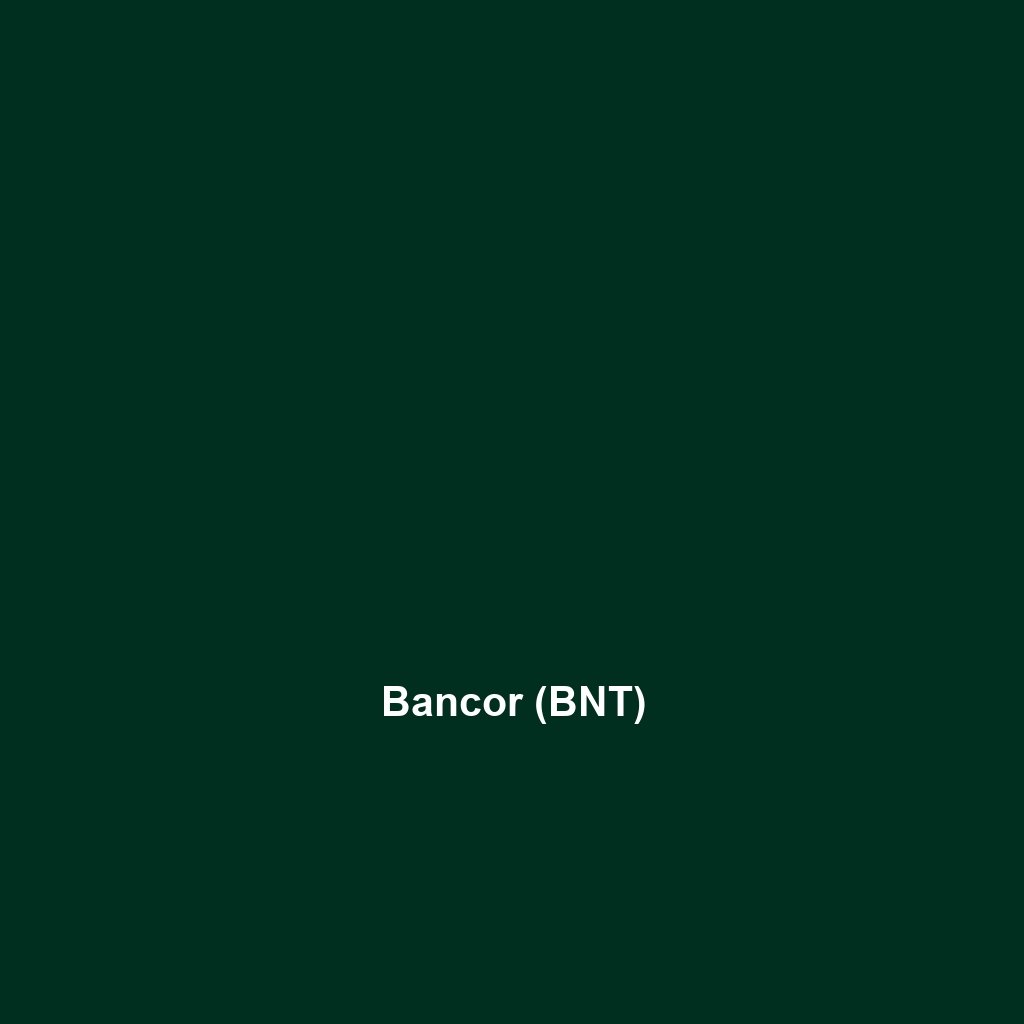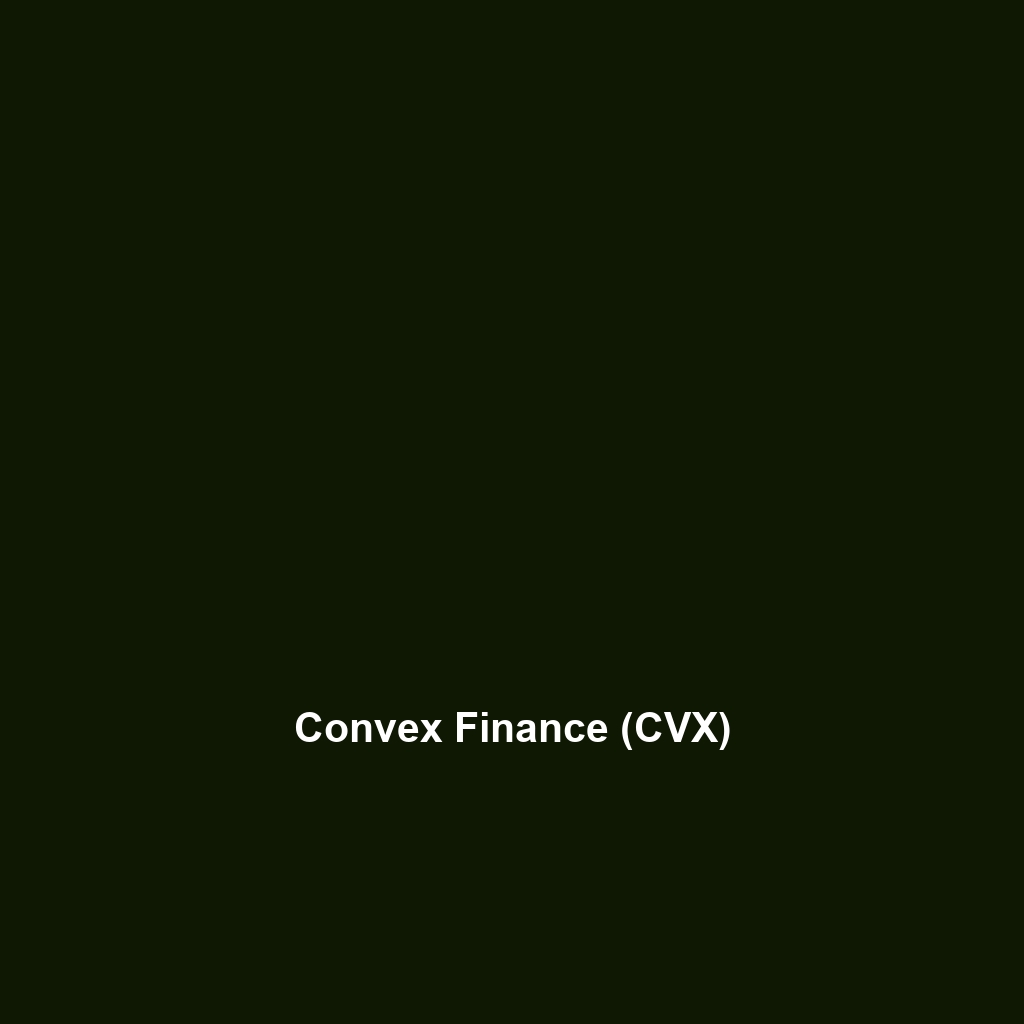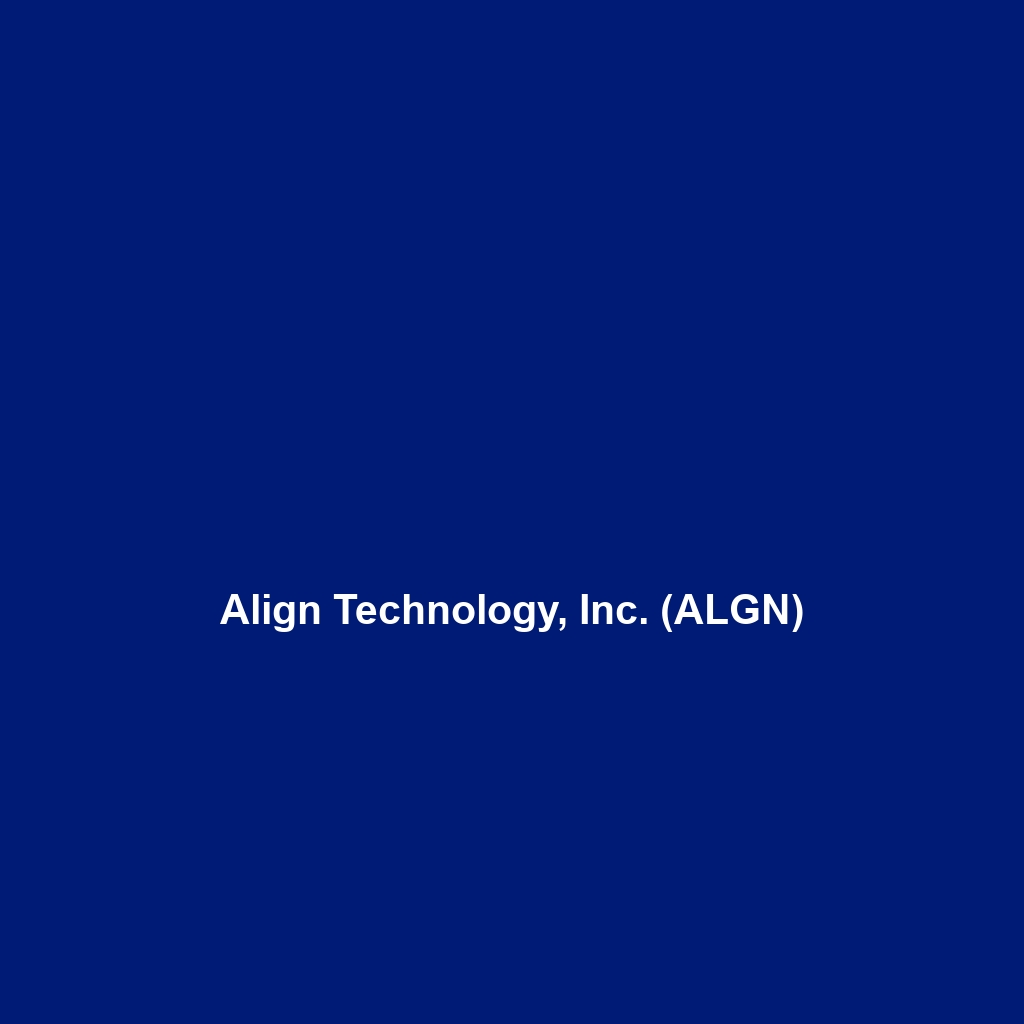Your cart is currently empty!
Tag: governance participation

CertiK (CTK)
CertiK (CTK): A Comprehensive Overview
CertiK (CTK) is a pioneering cryptocurrency that has garnered significant attention in the ever-evolving landscape of blockchain technology. With a focus on security, CertiK aims to provide solutions that ensure the integrity of decentralized applications (dApps) and smart contracts. This in-depth description covers the essential elements of CertiK, including its history, technology, market performance, and future prospects.
Founders, Launch Date, and History
CertiK was founded in 2017 by a team of experienced professionals, including professors from Yale and Columbia University. Their expertise in formal verification and blockchain security laid the groundwork for developing a platform that optimizes security in the DeFi ecosystem. Since its launch, CertiK has conducted audits for some of the leading projects in the blockchain space, with key milestones including the rollout of its security services and the introduction of native tokens that facilitate governance and staking.
Blockchain Platform
CertiK operates on its own blockchain platform, known for its scalability and security features. It predominantly functions as a layer 1 solution, ensuring decentralized application security without relying on other blockchains. This independent foundation allows CertiK to maintain a high level of control over its operations and security measures.
Purpose and Use Case
The primary purpose of CertiK is to enhance the security of smart contracts and blockchain applications. It addresses critical vulnerabilities that often plague the decentralized ecosystem through auditing and verification services. The use cases for CTK tokens include governance participation, staking for rewards, and accessing platform services, making it essential for users who want to contribute to the network’s growth and stability.
Technology and Consensus Mechanism
CertiK employs a unique consensus mechanism known as Proof of Stake (PoS), enabling holders of CTK tokens to contribute to the network’s operations while earning rewards. This energy-efficient process not only enhances security but also facilitates the verification of transactions, supporting CertiK’s mission of promoting trust in the blockchain ecosystem.
Supply and Tokenomics
The maximum supply of CTK tokens is capped at 1 billion, with a circulating supply that adjusts based on economic activities within the platform. CertiK employs staking rewards to incentivize token holders, allowing them to earn passive income while contributing to network security. Additionally, CertiK has introduced burn mechanisms to reduce the total supply over time, thereby potentially increasing the token’s value as demand grows.
Use Cases and Adoption
CertiK’s services have found applications in various sectors, including decentralized finance (DeFi), gaming, and enterprise blockchain solutions. Its partnerships with established projects bolster its credibility. Notable collaborations include audits for platforms like Polygon, Huobi, and others, making CertiK a trusted name in the industry.
Market Performance and Metrics
As of October 2023, CertiK has shown promising market performance, with a market capitalization placing it among the top cryptocurrencies. Historical price trends indicate volatility, typical of cryptocurrencies but also demonstrate resilience in recovering from downturns. Trading volumes have consistently been robust, reflecting strong interest from investors and traders alike.
Where to Buy and Trade
CTK tokens can be traded on several prominent centralized exchanges (CEXs), such as Binance and Huobi, as well as decentralized exchanges (DEXs) like Uniswap. These platforms provide ease of access for traders looking to invest or engage in crypto trading with CertiK.
Security and Risks
While CertiK is designed to enhance security within the blockchain ecosystem, it is not without potential risks. Security vulnerabilities can arise, particularly in partner projects. CertiK has faced few criticisms over its auditing processes, but the crypto landscape remains rife with regulatory challenges and legal uncertainties that could impact future operations.
Community and Governance
CertiK promotes community engagement through decentralized governance models. Token holders have the right to participate in decision-making processes, including proposals for platform upgrades or changes. This democratic approach empowers users and ensures diverse perspectives within the ecosystem.
Competitors and Differentiation
In a competitive marketplace, CertiK sets itself apart from similar projects like Quantstamp and PeckShield by offering unique features such as advanced formal verification methodologies. These capabilities enhance security analysis and risk assessment, positioning CertiK as a leader in the blockchain audit space.
Roadmap and Future Developments
Looking ahead, CertiK has outlined an ambitious roadmap focusing on expanding its auditing services, enhancing security measures for new technologies, and pursuing strategic partnerships. Upcoming developments include integrating advanced machine learning algorithms to streamline auditing processes, which could significantly improve speed and accuracy.
Wallet Compatibility
CTK tokens are compatible with various wallets, including well-known hardware wallets such as Ledger and software wallets like MetaMask. This compatibility facilitates ease of access and secure storage for users, enhancing overall user experience.
Regulatory and Compliance Status
As with many cryptocurrencies, CertiK must navigate complex regulatory landscapes that vary by region. While it has adhered to compliance protocols, potential legal challenges remain a concern, particularly as governments around the world continue to refine their approaches to cryptocurrency regulation.
Recent News and Updates
Recent updates regarding CertiK include partnerships with growth-oriented platforms and innovations in its auditing processes. The emphasis on expanding its presence in the DeFi sector showcases its responsiveness to market trends and the growing demand for effective security solutions.
Summary and Call to Action
In summary, CertiK (CTK) is a significant player in the cryptocurrency space, prioritizing security through its advanced auditing and verification services. With a solid foundation, substantial technological advancements, and a proactive community, CertiK is well-positioned for continued growth and adoption. Investors and crypto enthusiasts should keep a close eye on CertiK as it evolves and shapes the future of blockchain technology.
For additional insights, visit UpCube.net. To explore more about CertiK, you can visit its official website or read its whitepaper.

Bancor (BNT)
Bancor (BNT) – Overview of the Decentralized Liquidity Network
Name and Ticker Symbol: Bancor is a prominent cryptocurrency known by its ticker symbol BNT.
Founders, Launch Date, and History
Bancor was co-founded by Eyal Hertzog, Guy Benartzi, and Galia Benartzi and launched in 2017. The project gained significant attention during its initial coin offering (ICO), raising over $150 million, making it one of the largest ICOs at that time. Key milestones in Bancor’s history include the launch of its innovative automated market maker (AMM) model and the introduction of the Bancor V2 protocol, which improved liquidity and reduced impermanent loss for users.
Blockchain Platform
Bancor operates on the Ethereum blockchain, primarily utilizing its smart contract capabilities. It is not categorized as a layer 1 or layer 2 solution but rather functions as a decentralized finance (DeFi) protocol that allows users to create liquidity directly through smart contracts.
Purpose and Use Case
The primary purpose of Bancor is to enable users to provide and access liquidity in a decentralized manner. The primary use cases of BNT include facilitating seamless token swaps, liquidity provision, and governance participation within the Bancor network. By addressing liquidity challenges in crypto trading, Bancor aims to enhance the overall DeFi ecosystem.
Technology and Consensus Mechanism
Bancor utilizes Ethereum€„¢s blockchain technology to facilitate its operations, leveraging smart contracts to automate liquidity provisioning. While Bancor does not operate on a traditional consensus mechanism like Proof of Work (PoW) or Proof of Stake (PoS), it relies on Ethereum€„¢s consensus to validate transactions.
Supply and Tokenomics
The total supply of BNT is capped at 288 million tokens, with a current circulating supply that fluctuates based on liquidity pool mechanics and staked rewards. Bancor employs a unique liquidity mining program that offers staking rewards to users who provide liquidity. Additionally, the protocol has a burn mechanism to reduce supply based on governance decisions and internal economics.
Use Cases and Adoption
Bancor has found practical applications across various DeFi platforms and is recognized for its distinct AMM features. Partners of Bancor include other DeFi projects and liquidity aggregators, which have integrated its liquidity pools to enhance their own services. By attracting liquidity, Bancor serves as an essential liquidity provider within the broader cryptocurrency market.
Market Performance and Metrics
Bancor€„¢s market cap has varied significantly, reflecting the volatile nature of cryptocurrencies. As of [latest data], BNT’s market cap stands at approximately $X million with historical price trends indicating a peak value in the ICO phase followed by periods of fluctuation attributed to market conditions. Trading volume for BNT usually experiences spikes during market rallies, showcasing its active engagement among traders.
Where to Buy and Trade
BNT can be bought and traded on several popular exchanges, including both decentralized exchanges (DEXs) such as Uniswap and centralized exchanges (CEXs) like Binance and Coinbase. These platforms facilitate BNT trading pairs with major cryptocurrencies like Ethereum and Bitcoin.
Security and Risks
While Bancor has solid security measures in place, the decentralized nature of the platform can expose it to vulnerabilities. Past incidents, including a security breach in 2020 that resulted in the loss of about $23 million in funds, highlight the potential risks associated with DeFi platforms. Continuous audits and improvements in smart contract security remain crucial for mitigating such risks.
Community and Governance
Bancor emphasizes community governance, allowing BNT holders to participate in decision-making processes through voting on proposals and changes to the protocol. This decentralized governance model cultivates a more engaged community and encourages collective growth.
Competitors and Differentiation
In a competitive DeFi landscape, Bancor faces rivalry from projects like Uniswap and SushiSwap. However, its unique AMM model, which minimizes impermanent loss and offers liquidity provision incentives, distinguishes Bancor from its competitors. This focus on reducing risks associated with liquidity provision is a significant factor in attracting users.
Roadmap and Future Developments
Bancor is continuously evolving, with upcoming developments aimed at enhancing its platform and expanding its functionalities. Future upgrades may include further improvements to user interfaces, additional integrations with other DeFi projects, and new incentive structures to attract liquidity providers.
Wallet Compatibility
BNT is compatible with various wallets, including popular options like MetaMask and hardware wallets such as Ledger. This compatibility allows users to securely store their tokens and interact with the Bancor platform effortlessly.
Regulatory and Compliance Status
Like many cryptocurrencies, Bancor exists within a regulatory grey area in various jurisdictions. Legal challenges may affect its future operations, and regulatory compliance remains a critical consideration for its broader adoption in the financial ecosystem.
Recent News and Updates
Recent updates in the Bancor ecosystem include partnerships aimed at expanding its integration capabilities and enhancing trading options. The launch of new liquidity pools and collaborations with other DeFi protocols has generated greater interest in the Bancor platform, reinforcing its position in the ecosystem.
Summary and Call to Action
With its innovative DeFi solutions, strong community governance, and continuous development, Bancor (BNT) remains a cryptocurrency worth following. Investors and crypto enthusiasts alike should keep an eye on Bancor as it advances its mission of providing secure and efficient liquidity solutions.
For additional insights, visit UpCube.net. Additionally, you can check out the cryptocurrency’s UpCube.net. You can also explore the lightpaper on Badger DAO€„¢s official website.

Convex Finance (CVX)
Convex Finance (CVX): A Comprehensive Overview
Name and Ticker Symbol
Convex Finance, with its ticker symbol CVX, stands out as a significant player in the decentralized finance (DeFi) ecosystem.Founders, Launch Date, and History
Founded by a team of developers with extensive backgrounds in finance and blockchain technology, Convex Finance was launched in 2021. Key milestones include the rapid adoption of the protocol, which facilitates liquidity provision for the Curve DAO, alongside token launches that significantly impacted the DeFi space.Blockchain Platform
Convex Finance operates on the Ethereum blockchain, one of the leading platforms utilized for smart contracts and DeFi applications. As a layer 1 solution, it leverages the security and scalability offered by Ethereum to provide its users with seamless liquidity management.Purpose and Use Case
The primary purpose of Convex Finance is to enhance the functionality of Curve DAO by allowing users to stake their CRV tokens and earn rewards without having to lock them up. Its use cases include governance participation, liquidity provision, and enabling yield farming, making it an attractive option for investors looking to maximize their returns in the DeFi space.Technology and Consensus Mechanism
Convex Finance employs the Ethereum consensus mechanism, which relies on the Proof of Stake (PoS) model. This method enhances transaction security, decentralization, and energy efficiency, which are critical components of modern blockchain technology.Supply and Tokenomics
CVX has a maximum supply of 100 million tokens, with a dynamic inflation model that rewards stakers and liquidity providers. The circulating supply hovers around 30 million, with staking rewards distributed to participants based on their contributions to the ecosystem. Additionally, Convex Finance employs a burn mechanism, ensuring that a portion of the tokens is consistently removed from circulation, thereby increasing scarcity.Use Cases and Adoption
Real-world applications of Convex Finance are growing as it integrates with various digital wallets and centralized exchanges (CEXs), allowing users to enter the DeFi space effortlessly. Partnerships with key players in the space, such as Curve and Yearn.finance, have solidified its reputation within the community.Market Performance and Metrics
As of October 2023, Convex Finance has shown a market capitalization of approximately $500 million. Historical price trends indicate significant growth since its launch, with trading volume fluctuating based on market conditions. Its volatility is considered moderate compared to many altcoins, making it an appealing choice for both short-term traders and long-term investors.Where to Buy and Trade
CVX can be traded on several popular platforms, including Binance, Coinbase, and KuCoin, as well as decentralized exchanges (DEXs) like Uniswap and Sushiswap, providing users with a variety of options for crypto trading.Security and Risks
While Convex Finance has taken substantial measures to ensure security, vulnerabilities remain a concern, as with any DeFi project. Past hacks in the broader sector have highlighted the importance of robust security protocols and ongoing monitoring. Regulatory risks also loom, particularly as governments continue to grapple with cryptocurrency regulation and compliance.Community and Governance
The governance model of Convex Finance allows CVX token holders to participate actively in protocol decisions, ensuring community engagement. There is a strong focus on decentralized decision-making, with periodic votes allowing the community to shape the platform’s future.Competitors and Differentiation
Convex Finance competes with other DeFi platforms, such as Yearn.finance and Stakewise. However, its unique selling proposition lies in its ability to maximize rewards for CRV stakers while offering a user-friendly interface, making it easier for newcomers to engage with DeFi products.Roadmap and Future Developments
The roadmap for Convex Finance includes ambitious plans for upgrades and new integrations. Future developments aim to enhance user experience, streamline liquidity pooling, and introduce new staking rewards, further solidifying its position in the DeFi landscape.Wallet Compatibility
CVX tokens can be stored in multiple wallets, including MetaMask, Ledger, and Trust Wallet. This compatibility allows users to securely manage their assets while participating in liquidity provisions and staking programs.Regulatory and Compliance Status
As the cryptocurrency landscape evolves, Convex Finance faces the challenge of adhering to regional regulations. Legal complexities could influence its operational framework, making ongoing compliance crucial for long-term success.Recent News and Updates
Recent news surrounding Convex Finance includes new partnerships and collaboration announcements with major DeFi players. Additionally, the launch of innovative features aimed at improving user engagement has garnered significant attention within the community.Summary and Call to Action
In summary, Convex Finance (CVX) stands out in the ever-growing DeFi space, thanks to its robust technology, valuable use cases, and active community involvement. It serves as a pioneer for maximizing staking rewards while providing liquidity solutions. For those interested in the evolving world of cryptocurrency and blockchain technology, Convex Finance offers a compelling opportunity worth following.For additional insights, visit UpCube.net. To learn more about Convex Finance, visit the official website.
